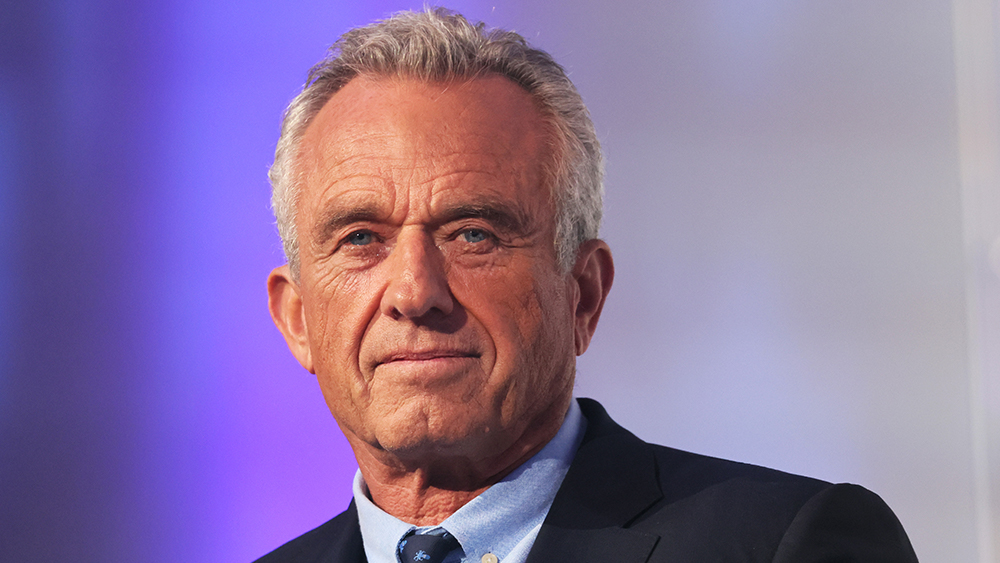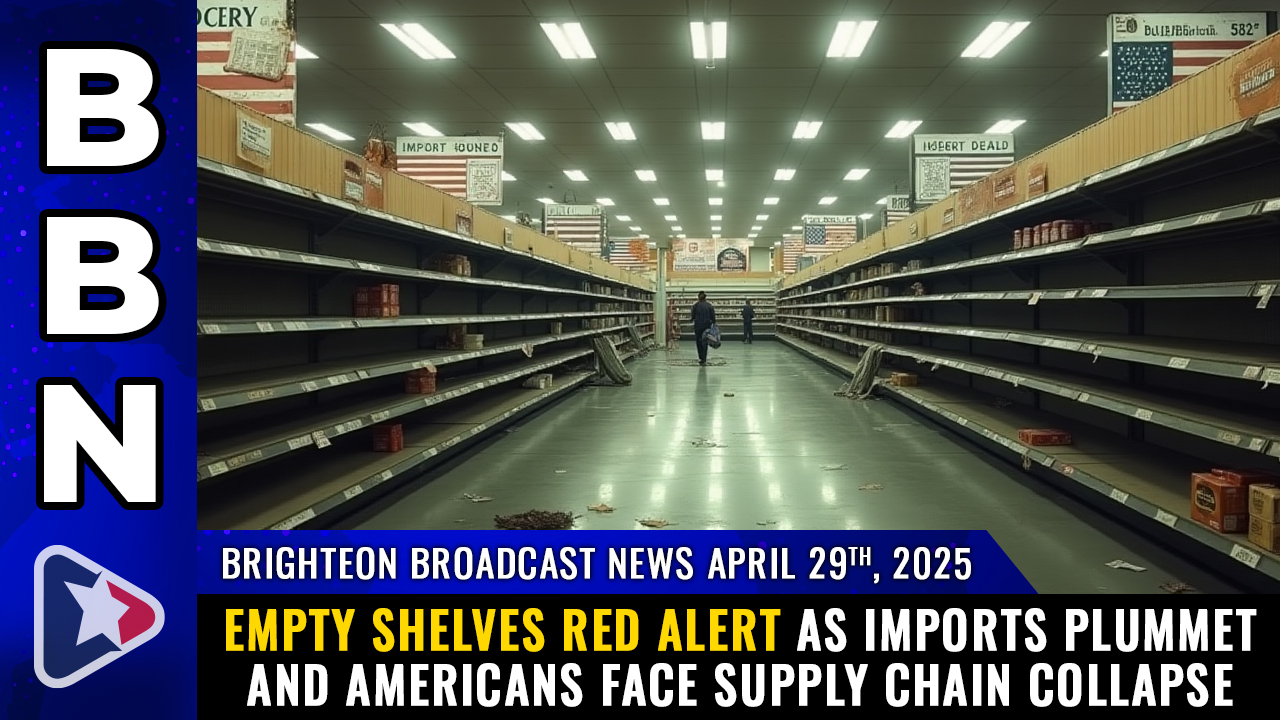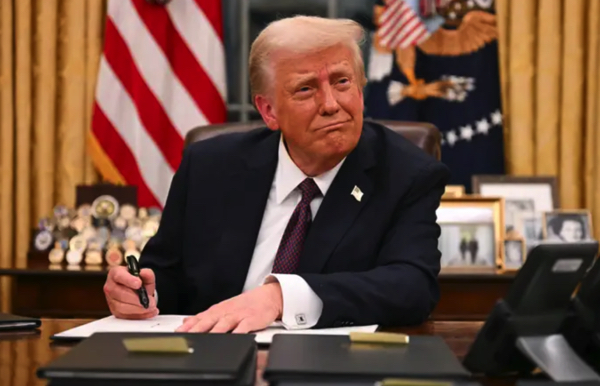 Parler
Parler Gab
Gab
- Trump meets retail CEOs to discuss balancing aggressive trade policies with economic impacts on businesses.
- Walmart warns of price hikes if Trump’s proposed tariffs on Chinese and global imports proceed.
- Retailers like Target and Home Depot face steep cost pressures due to heavy reliance on imported goods.
- Trump grants a 90-day tariff pause for cooperative nations amid negotiations but maintains hardline stance on China.
- Industry leaders urge trade policy stability to avoid inflation and consumer price spikes.
A delicate balancing act
Trump’s tariff strategy, which he has defended as a tool to force fairer trade terms, has drawn mixed reactions. Retailers, whose profit margins depend on affordable imports, are particularly vulnerable. Walmart and Target source over half their products from China, while Home Depot and Lowe’s also rely on global supply chains. Target, grappling with stagnant revenue, could face disproportionate strain; its shares are down 32% this year amid broader market volatility tied to trade uncertainty. “We had a productive meeting with President Trump and his team and appreciated the opportunity to share our insights,” Walmart said in a statement. Home Depot called the discussion “informative and constructive,” while Target emphasized collaboration on “the path forward on trade.” Though Lowe’s was initially reported to attend, a spokesperson later clarified it did not participate. The talks reflect Trump’s willingness to engage with industry leaders despite his unflinching rhetoric on trade. After imposing tariffs in early April, he granted a temporary reprieve to non-retaliating trading partners, citing ongoing negotiations. “Many World Leaders and Business Executives have come to me asking for relief from Tariffs,” he posted on Truth Social. Yet China, the primary target of his trade policies, responded by raising its own tariffs on U.S. goods to 125%, signaling a protracted standoff.Inflation risks and industry pushback
Retailers argue that tariffs will exacerbate inflation, which has already eroded consumer spending power. Analysts note that while Walmart’s diversified supply chain, with two-thirds of U.S. sales from domestically sourced goods, buffers it somewhat, others, like Target, face steeper challenges. The discounter’s focus on discretionary items, often manufactured abroad, leaves it exposed to cost hikes. Meanwhile, Home Depot and Lowe’s could see margins shrink as tariffs inflate prices on imported building materials. Market reactions have been volatile. Stocks dipped Monday as investors weighed tariff risks, and the 10-year Treasury yield wavered. Trump’s recent criticism of Fed Chair Jerome Powell, whom he blamed for stifling growth, further clouded the economic outlook.The long game on trade
The administration insists short-term pain will yield long-term gains, arguing that tariffs pressure trading partners to lower barriers to U.S. exports. Trump’s “reciprocal tariff” framework aims to mirror other nations’ duties, a approach he claims will level the playing field. “I have authorized a 90 day PAUSE, and a substantially lowered Reciprocal Tariff during this period, of 10%,” he declared earlier this month, offering temporary relief to cooperative nations. Yet skepticism persists. Critics warn that protracted trade wars could disrupt supply chains, spur inflation, and alienate allies. Retailers, caught in the crossfire, are urging compromise. Walmart’s Rainey emphasized the need for “stability” in trade policy, while Target’s Cornell stressed “delivering value for American consumers” in a tacit nod to pricing pressures.What’s next?
The meeting signals ongoing dialogue, not a final resolution. With the 90-day pause in effect, retailers hope for negotiated solutions to avoid steep tariffs. However, the administration’s hardline stance on China suggests further brinkmanship ahead. “It was an honor to have them,” Trump said of the CEOs after the meeting, hinting at collaboration. But whether that goodwill translates into policy adjustments or merely temporary concessions will determine how deeply tariffs reshape the retail landscape. Sources for this article include: Reuters.com FoxBusiness.com CNBC.comUPS slashes 20,000 jobs, shuts facilities in $3.5B cost-cutting move after Amazon split
By Cassie B. // Share
Grassroots health revolution gains momentum as MAHA movement expands beyond RFK Jr.
By Willow Tohi // Share
China halts exports to U.S.: Empty shelves expected within weeks, warns Health Ranger Mike Adams
By Finn Heartley // Share
URGENT REPORT: The China Import Embargo – What to Stockpile Now Before America Runs Out
By Mike Adams // Share
Governments continue to obscure COVID-19 vaccine data amid rising concerns over excess deaths
By patricklewis // Share
Tech giant Microsoft backs EXTINCTION with its support of carbon capture programs
By ramontomeydw // Share
Germany to resume arms exports to Israel despite repeated ceasefire violations
By isabelle // Share










